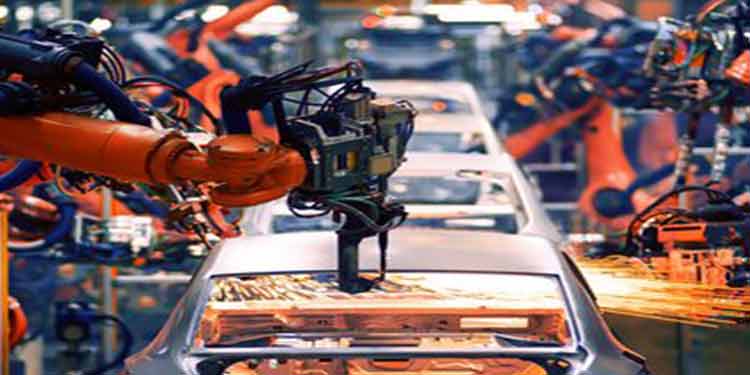
The National Automotive Policy (NAP), which was introduced three years ago and passed by the National Assembly, is about to bring major changes for Kenya’s automotive sector.
The primary aim of the National Automotive Policy (NAP) is to create a conducive atmosphere within the automotive industry and establish Kenya as a regional center for the production of automobiles and their components.
The State Department for Industrialization’s George Makateto said that NAP intends to support regional assemblers and component producers while getting the sector ready for the international market.
This policy requires the government to give the regional automotive industry the assistance it needs. By it, the government pledges to establish a supportive and long-lasting environment for Kenyan auto assembly and manufacturing,” he continued.
Kenyan new car dealers currently compete in a market dominated by used cars imported into the nation.
Makateto stated, “A thriving local automotive sector will reduce forex losses and create jobs.” Data indicates that Kenyans import enough cars each year to keep the local industry going. “The manufacturing sector will experience tremendous growth once NAP is implemented.”
The government suggests creating a National Automotive Council to help the industry grow and develop in order to achieve the desired growth. This council will oversee issues pertaining to the production and assembly of automobiles, motorbikes, tractors, and automotive parts as well as national automotive policy.
Additionally, the government has set up programs for buying cars with assembly companies. Government organizations are instructed by NAP to “assist and cooperate with stakeholders” in order to make it possible for people and companies to buy brand-new cars that are assembled locally.
Furthermore, the government has promised to back a policy of leasing new cars produced in the nation for the public sector. Additionally, it pushes for the “establishment of standards for after-sales service, maintenance, and repairs, as well as the accreditation of garages to provide these services” by automakers and new car dealers.
One of Kenya’s main advantages, according to Makateto, is the direct creation of jobs, which is why he thinks the automobile sector has the potential to industrialize the nation. He added that compared to used import cars, new cars require less maintenance.
